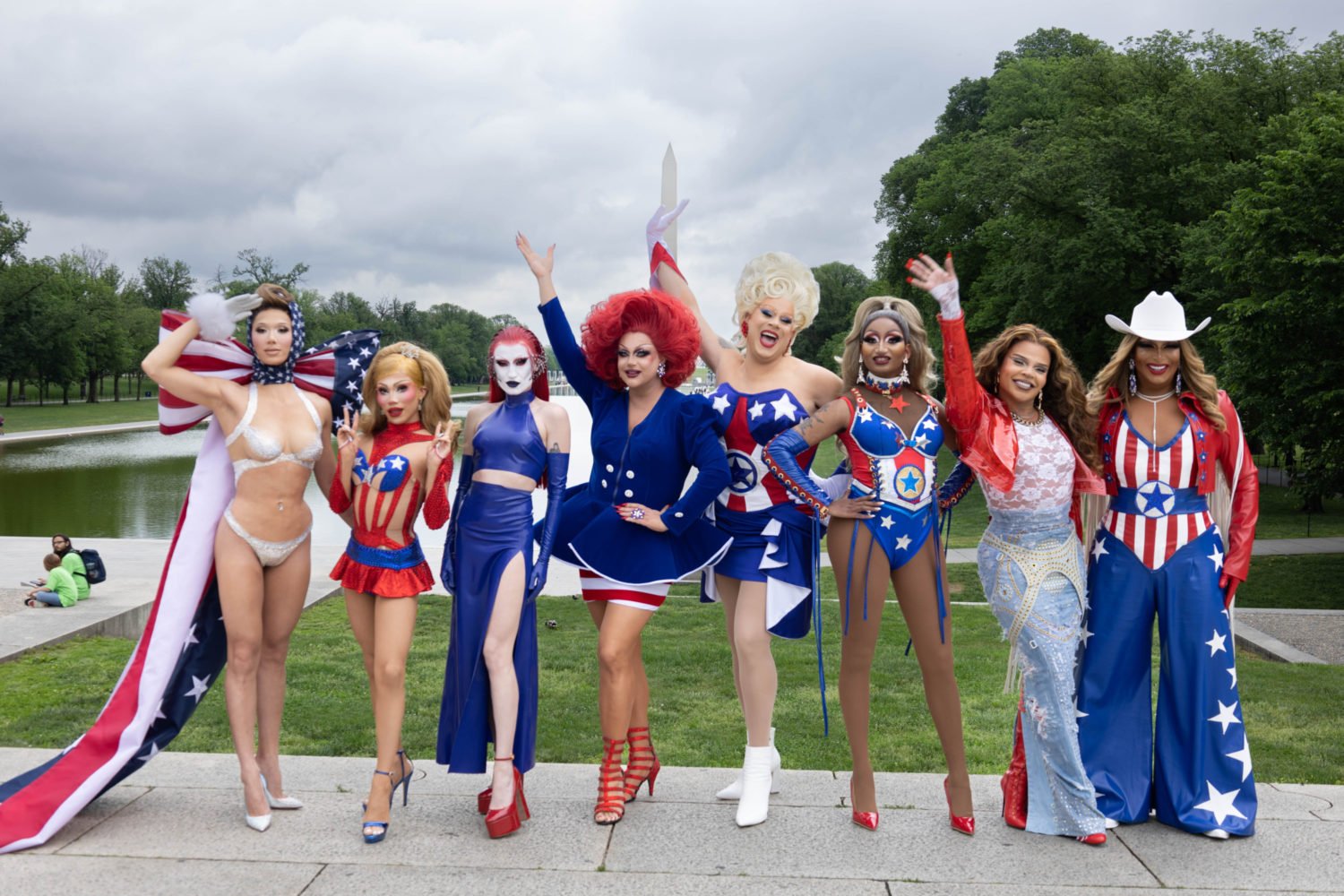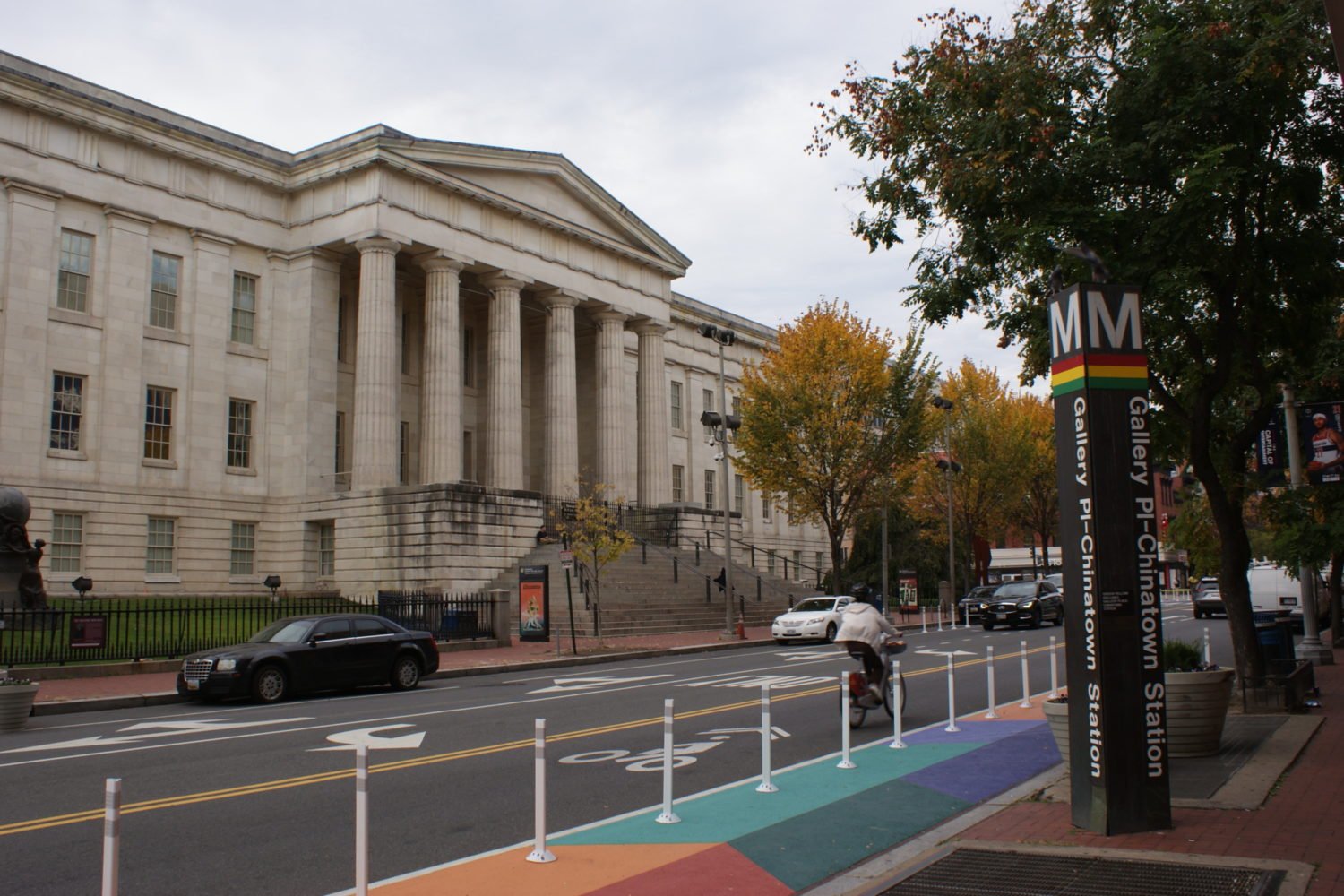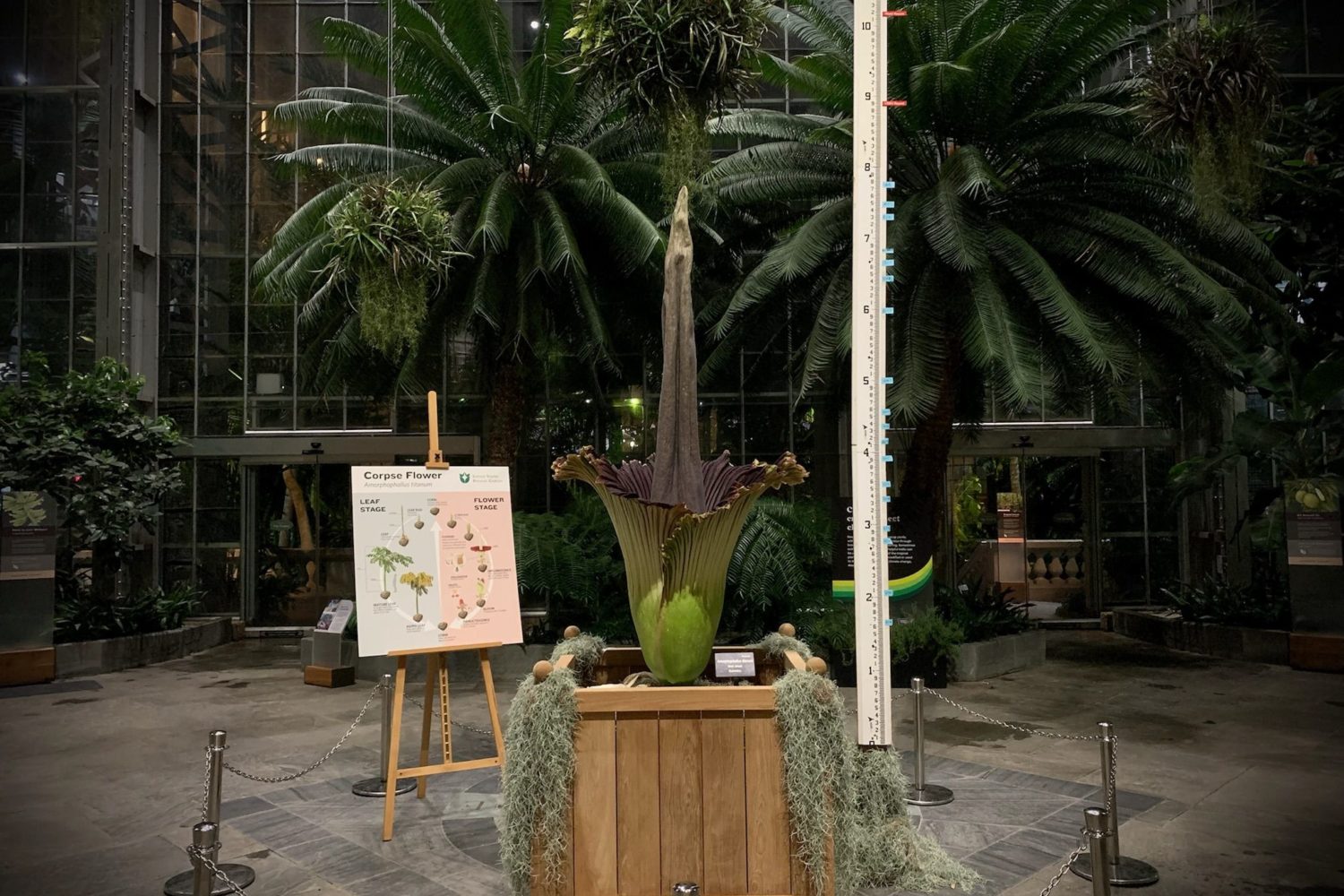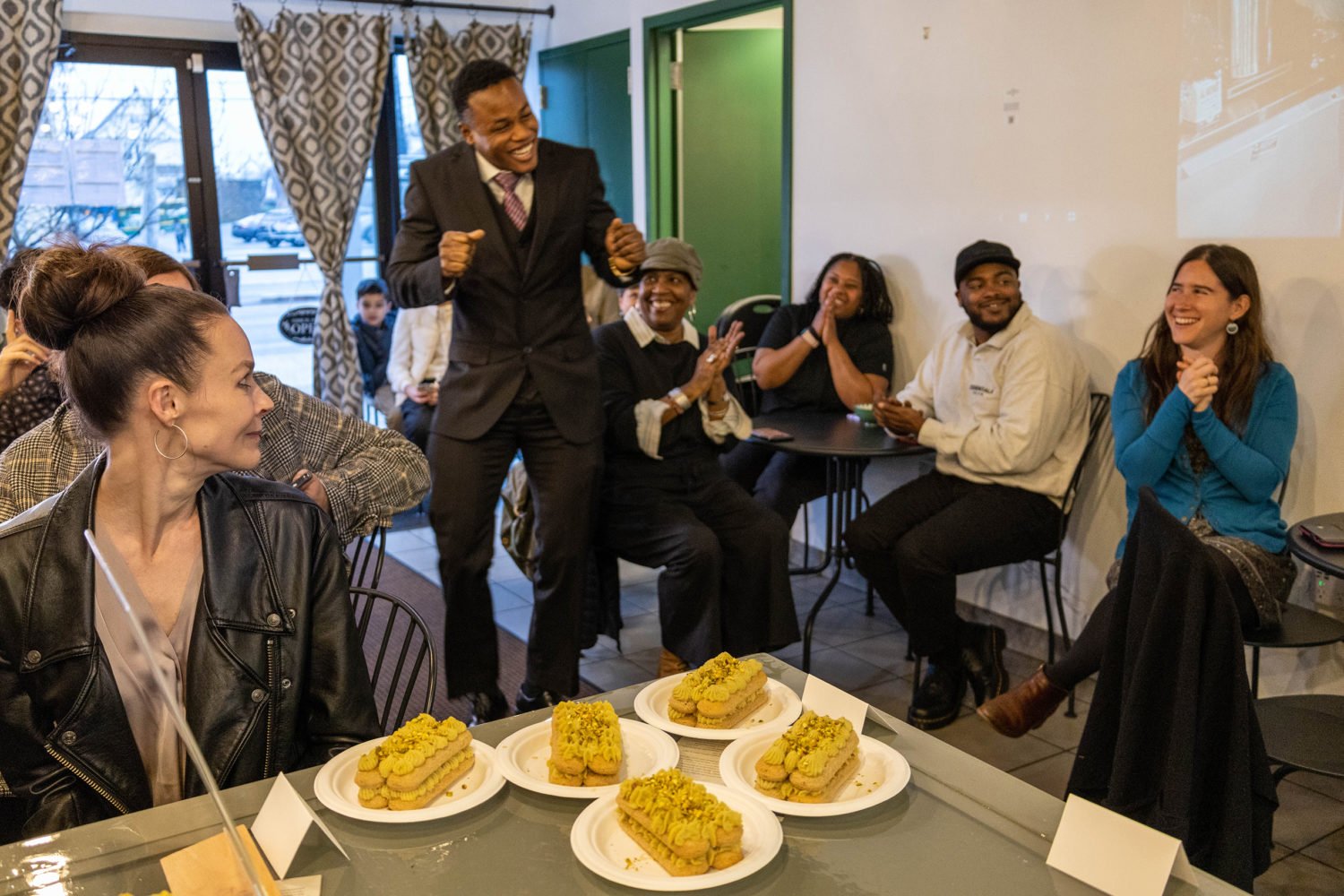→ Dining Specials for July Fourth
Unless you’re privy to a fabulous rooftop view of the Mall, finding a place to watch the July 4 fireworks can be quite the headache. Getting there early, securing a spot, parking the car, finding a bathroom—the list goes on. To avoid the hassle and celebrate without leaving the house, at-home pyrotechnic displays are the way to go. Read on for a summary by jurisdiction of what’s allowed, what’s illegal, and how to light up the night without burning it down when it comes to back-yard fireworks.
DC
Good to go: Any nonmoving fireworks—such as sparklers (less than 20 inches long), torches, box fire, fountains, cones, dip sticks, nonpoisonous snakes, paper novelty items, colored lights, and paper caps—are legal.
Leave it to the experts: Firecrackers or fireworks that explode or eject pyrotechnic stars—tiny compounds that, when ignited, burn with color or exude a spark effect—are prohibited. This means cherry bombs, salutes, floral shells, artillery shells, helicopters, pinwheels, bottle rockets, and the Roman candle, a popular choice among overzealous at-homers. Devices with a side fuse are also not allowed.
Where to buy them: Teresa’s Garden Center runs a stand stocked with DC-approved ware at 1720 New York Avenue, Northeast. It’s open from 8 AM until as late as 11 PM in the days leading up to the Fourth.
VIRGINIA
Good to go: Fountains and sparklers, both of which produce non-independently moving, height-contained flames, will never get you in trouble. Pinwheels and pharaoh’s serpents are also acceptable.
Leave it to the experts: Any firework that explodes, travels laterally, rises into the air, or fires projectiles is illegal. See the DC section for examples.
Insider tip: Laws vary considerably by jurisdiction within Virginia. In Alexandria, sparklers and snakes, while approved at the state level, are illegal. Prince William, Arlington, and Fairfax counties ban anything that emits sparks greater than 12 feet. To figure out what’s allowed in your neighborhood, contact the fire marshal’s office at 804-249-1961 or 804-249-1965.
Where to buy them: Plan on driving. Phantom Fireworks’ closest permanent store is in Breezewood, Pennsylvania, and the seasonal stand (open until around July 6) is located at 137 Spotsylvania Mall Boulevard in Fredericksberg.
>> Next page: Maryland fireworks, safety tips, and more
MARYLAND
Good to go: Ground-based sparklers containing no chlorates or perchlorates (check the label before buying). This means fountains, sparklers, and novelty items such as poppers, snakes, and champagne sparklers. For a brand-specific list of consumer pyrotechnics approved for private displays, click here.
Leave it to the experts: Maryland is fairly strict with private fireworks shows—explosive, air-bound devices are prohibited without the permits and insurance necessary to create a public display. Anything that creates a detonation, launches a projectile, or moves along the ground under its own power is also punishable by law. If you want to get specific, click here for the fire marshal’s state code.
Insider tip: Prince George’s and Montgomery counties have banned all consumer fireworks, and Baltimore recently approved the use of sparklers within city confines. The state also has age-specific purchasing restrictions, so anyone under 16 should make other plans.
Where to buy them: The Laurel Wal-Mart (3549 Russett Green E.) offers prepackaged assortments of “safe and sane” fireworks. To shop à la carte, head up the road in the direction of Route 1. There’s a stand on the same side of 198 as the Wal-Mart super center, about two lights up.
Of course, the pluses of a private display are canceled out if the fireworks aren’t done correctly. Here are tips for ensuring a safe at-home celebration, courtesy of the DC government:
• Always read and follow label directions.
• Always have an adult present.
• Ignite fireworks only outdoors.
• Always have water or sand nearby to extinguish fireworks after use.
• Never experiment or attempt to make fireworks.
• Light fireworks one item at a time.
• Never relight malfunctioning or dud fireworks.
• Store fireworks out of the reach of children.
• Store fireworks in a cool, dry place.
• Never throw fireworks at another person.
• Never carry fireworks in your pocket.
• Stand at least 15 feet from burning cones and fountains.
• Do not light fireworks near combustibles, such as gasoline, newspapers, etc.
• Do not ignite fireworks that have been wet and then dried.
• Do not light fireworks anyplace other than at the fuse.
• Do not use illegal fireworks.
• Use only items that have a label clearly listing the manufacturer’s name, address, and warnings
The National Council on Fireworks Safety offers this instructional video, which provides useful shopping tips and safe ignition procedures.
Where do you buy your fireworks, Washingtonians? Let us know in the comments!



















